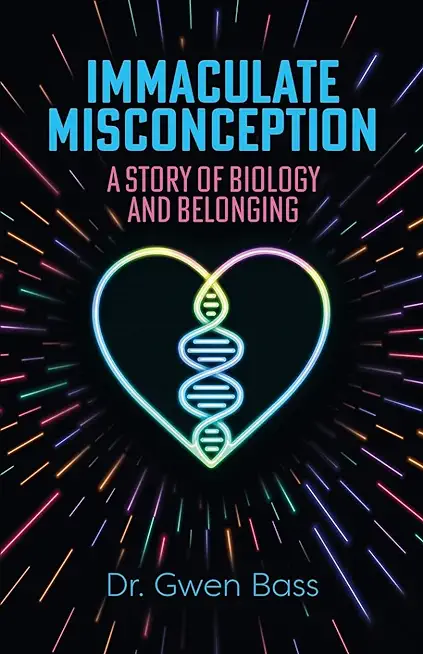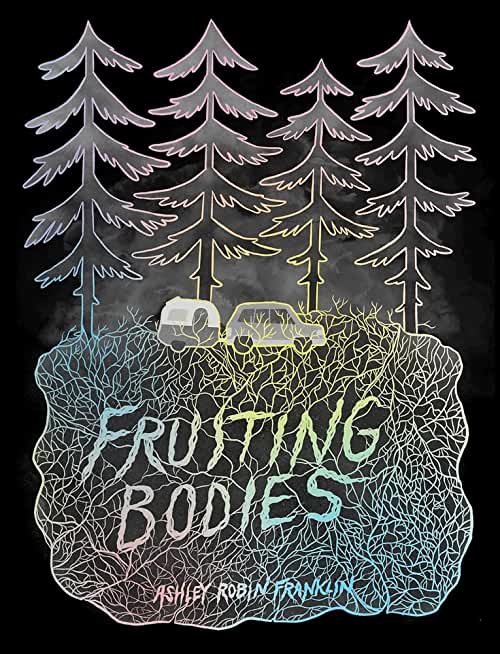
In the early 1980's, 95% of all artificial inseminations were performed for married, heterosexual couples. Among the other 5% were people like Gwen's parents- lesbians navigating a homophobic medical system ready to deny them children.
They found a doctor willing to perform the procedure in secret, using sperm from an anonymous donor. Periodically, Gwen wondered if she resembled her donor - what he might look like, how he might walk, what he might say if they met. But there were no records.
Gwen's childhood was filled with questions she couldn't easily answer:
Who's your dad?
Which parent do you look like?
Do you have siblings?
Where were you born?
And the infamous one: Are you going to be gay because your parents are?
She grew up straddling two worlds. In one-rainbow flags waved and love made a family. In the other- she and her family tried to fit in with everyone else.
Eventually, Gwen stopped asking questions about her biology. She knew who she was and where she came from. On a whim, she sent in a DNA kit and found ten biological siblings. New questions surfaced:
What does biology have to do with belonging?
What do we suppress to secure our safety? And what is the cost later down the line?
Immaculate Misconception isn't just a window into a sliver of queer history, it raises questions we all grapple with: who we are and the forces that influence us. It's a reflection on nature, nurture, identity, and belonging.
member goods
listens & views

MINISTRY OF SOUND: ADDICTED TO ...
by MINISTRY OF SOUND: ADDICTED TO BASS 2011 / VARIOUS
COMPACT DISCout of stock
$21.99






